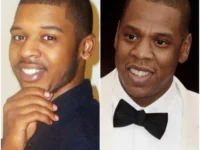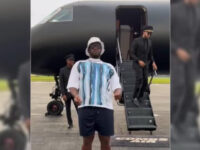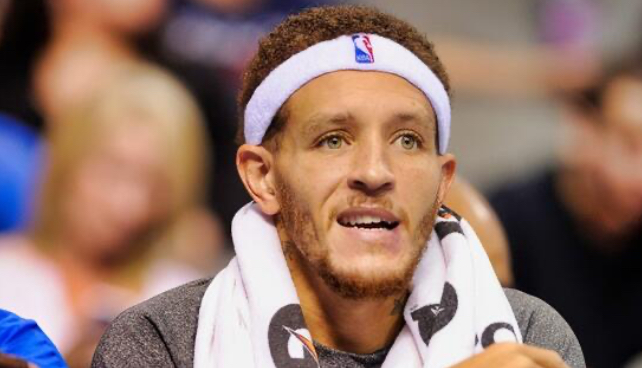Former NBA guard Delonte West was taken into custody after police in Fairfax County, Virginia responded to a call last week of a man found unconscious and not breathing. West, 42, was reportedly found in that condition and was later arrested “for his own safety,” according to law‑enforcement sources. ([turn0search0]citeturn0search0)
Key Facts
- Police arrived at the scene on Nov 3 after receiving a non‑responsive person report at Fair Haven Avenue and Richmond Highway. When they located West, he was breathing and talking but heavily intoxicated. Officers offered medical transport to a hospital; West refused. ([turn0search8]turn0search8)
- A mug shot released by the Fairfax County Police Department confirmed West’s booking; he was later bonded out and no formal criminal charge has been publicly confirmed at this time. ([turn0search4]turn0search4)
- This incident comes after a series of legal, health and substance‑abuse challenges for West, including multiple arrests, documented addiction issues and mental‑health struggles dating back years. ([turn0search15]turn0search15)
Why This Matters
- Once a promising NBA talent who played for the Celtics, Cavaliers, Mavericks and SuperSonics and was a teammate of LeBron James, West’s recent situation underscores the long‑term care and support gaps some athletes face after retirement.
- The public and media scrutiny around his condition also raises broader questions about mental health, addiction and veteran athlete welfare.
- For fans and the sports community, this moment serves as a stark reminder that fame and success don’t inoculate someone from serious personal crises or legal interventions.
What to Watch
- Whether charges will be filed and whether the public will receive further details on his condition, treatment status or legal outcome.
- Whether West’s case prompts renewed discussion or action around post‑career support structures for athletes, including mental‑health services and substance‑abuse programs.
- How the NBA community and former teammates may respond — through outreach, advocacy or support efforts.




















0 Comments